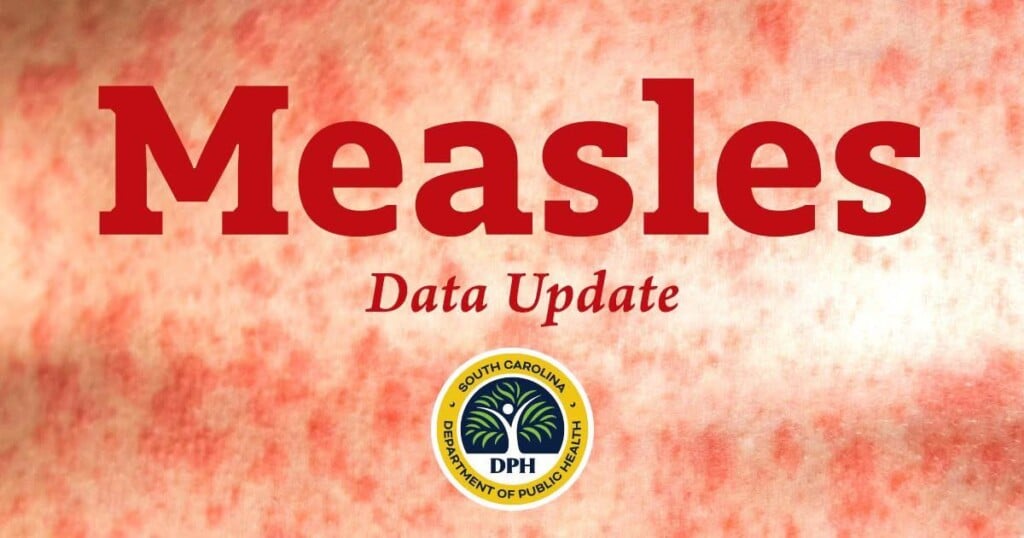UofSC studying wastewater samples in effort to limit COVID-19 outbreaks across campus
Scientists say COVID-19 could be detected in fecal matter before people start feeling symptoms
COLUMBIA, S.C. (WOLO) — In trying to push through a school year during the COVID-19 pandemic, the University of South Carolina is looking at ways to stop outbreaks before they begin.
One of those ways involves studying what comes through the sewer.
With more than 35,000 students on campus, the University of South Carolina is flush with something that can detect COVID-19 before someone starts to show symptoms.
“People when they are infected with the SARS-CoV-2 virus, they shed the particles through their fecal material,” said Dr. Sean Norman, an Associate Professor at the University of South Carolina who is also the Director of the university’s Molecular Microbial Ecology Lab.
For the last few months, university scientists have been studying clusters of fecal matter coming from dormitories, academic buildings, and other spots on campus.
Dr. Norman told ABC Columbia since wastewater could contain large volumes of the virus, he says having this tool in their toolbox is nothing to flush down the toilet.
Once they run a sample through testing (which could take between 12-24 hours), they can identify if there is widespread viral activity in that area, and then do targeted saliva-based testing.
“We can look for hotspots that then go in and target testing, but we can also watch areas, and say okay, well let’s keep an eye on this area, see if it gets worse, and if it gets worse, we can go in and do some more targeted mitigation,” Dr. Norman said.
As the number of active cases on campus went over 1,000 this week, President Bob Caslen told faculty, staff, students, and parents in a town hall meeting Wednesday wastewater surveillance as well as continual saliva-based testing efforts are powerful ways to keep the virus at bay, and in turn, keep the campus open.
“It’s science informing science which informs leadership to make decisions, and what it is is an informed decision with what I call surgical intervention. Rather than throwing mud against the wall and seeing what sticks,” Caslen said. “It’s important to find the positives because we want to find them, we want to take care of them, and we want to get them back into the classroom.”
As of Tuesday, the University of South Carolina had 1,026 active cases of COVID-19 on campus (all but nine are students). Ten houses in the Greek Village are currently under quarantine, and 60% of space in quarantine-specific isolation areas is occupied, according to the university.


